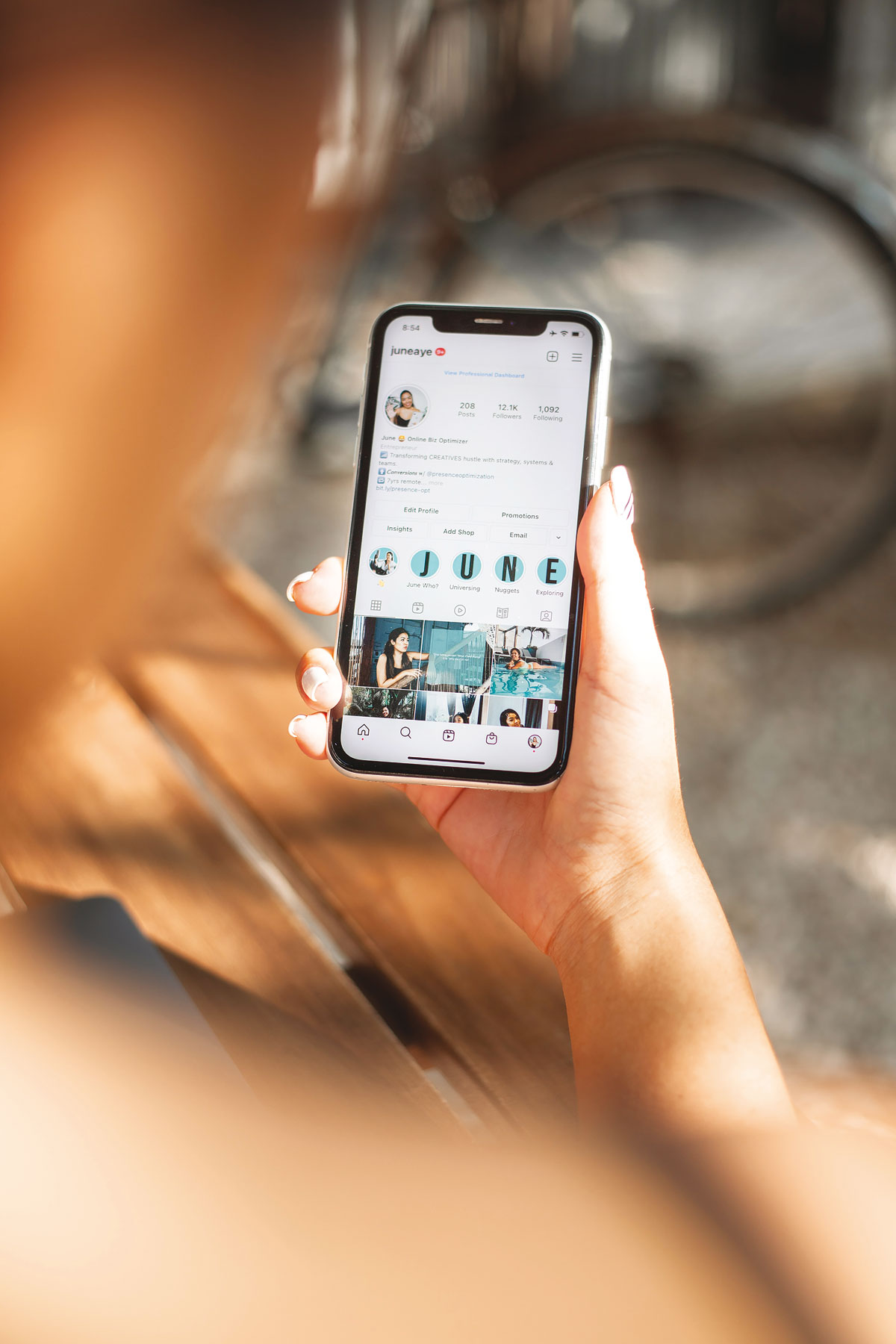What are the generational preferences for contacting customer service? ? Online self-service solutions are now very successful. It becomes necessary to adopt a real strategy to face current challenges and those of future generations.. Anne-Laure Blondeau’s explanations, directrice senior Client Success, Southern Europe, at Yext, number one digital experience platform.
Now that the demographic weight of millennials has become significant and a new generation of digital natives, the zoomers, preparing to enter adulthood, companies should deepen their knowledge of their digital uses to better meet their needs and offer customer service that meets their unique expectations. Millennials are currently between 26 and 41 years old, and the zoomers (as opposed to boomers) are, as far as they are concerned, born between 1997 and 2012. Given their young age, their purchasing power remains limited, but their voice is already being heard on social networks and, within a few years, they will represent a majority share of active consumers. The joke around these new generations who don't know how to use their phone to make a simple call, is not that far from reality. More likely to communicate through digital interactions, like Tweets or messages on Facebook and Instagram, they favor an approach that is both very rapid and not very formal. Because of this preference, it's no surprise that they are more comfortable with instant communication tools, such as chatbots or chats, rather than online with an advisor. Offering an integrated messaging system on the brand's website or app is therefore an excellent way to meet the needs of a generation that has made the smartphone its main instrument of social interaction..
A marked preference for instant communication
Globally, these two generations have a lot in common and are much more comfortable with technology than their predecessors. One notable point differentiates them : zoomers are generally more tolerant and willing to give brands second chances while millennials are more likely to turn to a competitor and leave bad reviews, which can seriously damage a brand’s reputation. If the zoomers seem less resentful, it should also be noted that they can be influenced, today, by their lack of purchasing power. When they enter working life and earn a better living, they could become more demanding. Too, we must not confuse tolerance and loyalty : Zoomers and millennials are much less loyal to brands than are boomers and Generation X, i.e. people born between 1941 and 1981. Their opinion can change quickly and they will be ready to share it with their community.
The importance of social networks
Intensive use of social networks and mobile devices unites millennials and zoomers. Both generations are particularly adept at using the communicative potential of the main platforms and, once you gain their trust, they will be perfectly able to praise a brand in their comments or content and thus convince their followers to test a particular product or service. Considering that almost all of them have a TikTok or Twitter account, with at least a few subscribers, this represents enormous potential. The opinion of the youngest, especially zoomers, is often underestimated, but it can have a very significant impact on the notoriety of a brand.

One aspect common to both generations is their desire for more self-service tools and options. Instead of talking to a customer advisor every time they have a question about a product or service, they prefer to search for information independently, using the FAQ, help pages or even specific forums. So, offer a search tool on the brand website, like a built-in search bar, allows Internet users not to waste time browsing dozens of pages to find the item they need and allows advisors to delegate a significant part of their workload to technology. Blog articles relating to the brand universe and answering frequently asked questions are also an excellent approach to consolidate a knowledge base available to customers. Used to an informal approach and a familiar tone, millennials and zoomers appreciate this type of content.
The effect of the pandemic on the perception of customer services
A recent survey on the effects of the pandemic found that among millennials and zoomers, expectations have evolved due to shortages and delays experienced during restrictions. Most of them have become more tolerant of logistics and shipping issues, but they now care more about the quality of customer service from companies. Building an ecosystem of digital solutions to support customer service work, with tools such as chatbots, social networks, FAQs or integrated search bars, is therefore the right strategy to address the challenges of today and future generations of consumers.












